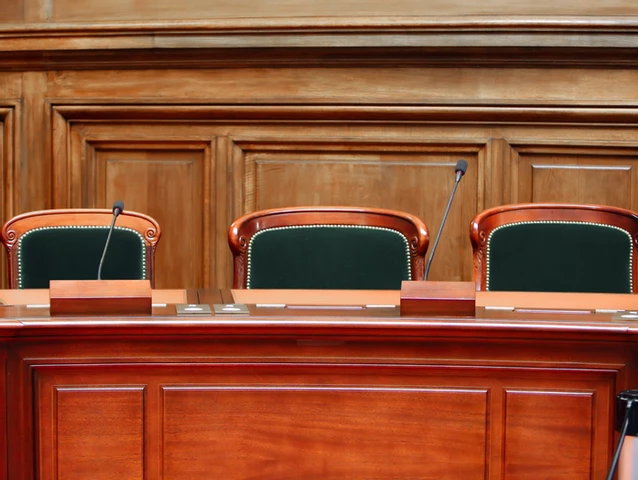A panel of judges of the Commerce Chamber of the Frankfurt am Main Regional Court (the Court) has released its decision barring Apple from promoting three Apple Watch models as “CO2-neutral products”. The Court granted an injunction sought by Deutsche Umwelthilfe (Environmental Action Germany), finding that advertising the watches as a “CO2-neutral product”, based in part on the purchase of carbon credits from “nature-based” projects, was misleading under German competition law.
This bulletin briefly summarizes the key findings of the Court.
Decision. In finding that Apple must refrain from advertising the three models of Apple Watches as a “CO2-neutral product”, the Court determined that the claims were misleading and violated s. 5(1) of the Act against Unfair Competition, which prohibits misleading business acts that are likely to induce consumers or other market participants to make a business decision that they would otherwise not have made.
Apple’s claims were based, in part, on the purchase of carbon credits from a forest project in Paraguay. However, the Court held that 75% of eucalyptus plantations in the carbon offsetting forest projects in Paraguay were only leased until 2029 and that the CO2 offsetting could therefore only be guaranteed until 2029. The Court also rejected Apple’s argument that Verra’s buffer pool account was sufficient to secure the uncertainty of lease extensions according to the VCS Standard, and noted that in the event of non-renewal of the leases, the VCS Standard only allowed Apple to continue to monitor the forest project:
- “The possibility of only monitoring the remote part of the project area for the remaining duration and only having the buffer account mechanism intervene in the event of loss is not a CO2 compensation measure that is equally suitable for the continuation of the forest project beyond 2029.” (translated from the original German)
In finding Apple’s claims misleading to consumers, the Chairwoman of the Court referred to the Paris Agreement in her reasoning, noting that consumers would assume that the emissions offset for the watches would be secured until around 2050:
- “The consumer’s view is shaped by the well-known Paris Agreement of 2015, signed by the European Union. According to this, in order to limit the global temperature rise to 1.5 degrees Celsius, no more climate-damaging gases may be emitted in the second half of this century than can be removed from the atmosphere by lowering carbon dioxide – for example with forests.” (translated from the original German)
The Court did, however, reject Deutsche Umwelthilfe’s claim that Apple’s “Carbon Neutral” logo was misunderstood by consumers as a seal of approval. The Court determined that the logo did not have the appearance of a seal of approval and would be understood by consumers as an identifying sign for whether the product is classified as CO2-neutral according to Apple’s standards.
Next steps. The judgment is not final, and Apple may appeal to the Higher Regional Court of Frankfurt am Main. In the meantime, Reuters reports that Apple intends to phase out the ‘carbon neutral’ label for Apple Watches to comply with the EU’s Empowering Consumers for the Green Transition Directive, which restricts the use of such terms and will apply as of September 2026.
The decision is an additional example of the increasing number of anti-greenwashing claims, especially in Canada and Europe (see our earlier bulletins on the I4PC complaint to the Alberta Securities Regulator here and the successful complaint against Dutch airline KLM here).
For further information or to discuss the contents of this bulletin, please contact Lisa DeMarco at lisa@resilientllp.com.



